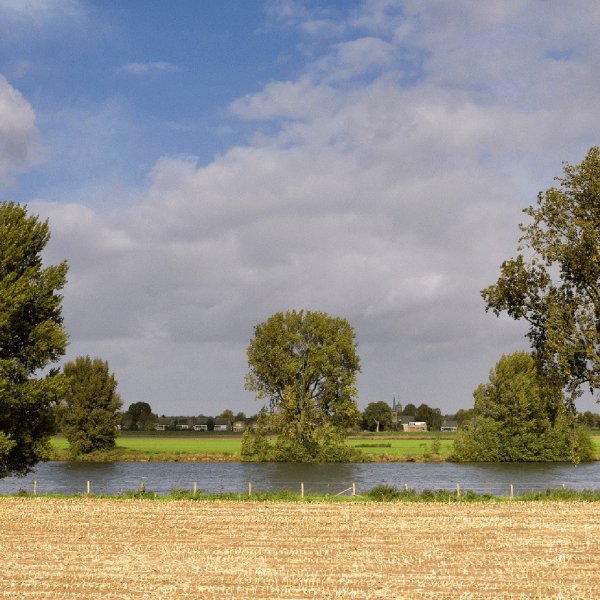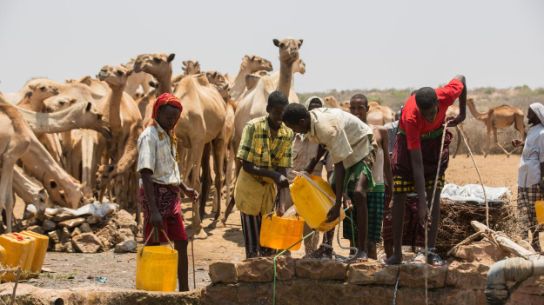Prospective measures for safeguarding drinking water quality

Prospective measures for safeguarding drinking water quality
The Netherlands is known worldwide for the quality of its drinking water. There is, nevertheless, cause for concern. Incidents involving discharges of substances such as pyrazole and dimethoate have demonstrated the vulnerability of our drinking water production. Substances of very high concern, medicine residues and micro-organisms threaten the quality of our ground and surface water being purified into drinking water.
In July 2015, for example, water supplies from the Meuse used to produce drinking water were suspended for several months as an act of precaution. The reason for this was an excessive concentration of a then unknown substance, which exceeded the legal limits set for the production of drinking water. It was later revealed to be the compound pyrazole, a substance used in the production of medicines, pesticides and colourants, but whose environmental effects are still relatively unknown.
Crisis management
Although the temporary suspension of drinking water supplies was an appropriate measure, the severity of the situation raised local, regional and national concerns. Resolving the crisis exposed various dilemmas, especially in relation to how best to deal with such ‘emerging substances’. Together with the Crisis Management research group at the Institute for Safety (IFV), Witteveen+Bos evaluated these dilemmas by mapping them out and analysing them, before drawing up appropriate lessons for managing future (impending) crisis situations in the water chain.
The output of this research will enable the industry, water managers and licensing authorities to undertake suitable action to prevent a discharge that is threatening surface water used to produce drinking water.
Wake-up call
This crisis situation brought to light the importance of a balance between crisis management and substantive expertise. The case revealed the vulnerability of drinking water companies and the distinct lack of prospective measures in the event of an extended suspension of water supplies.
We advised our client to take full advantage of this wake-up call to help deal with future situations. The issue this time was not the quantity but the quality of the surface water. We will need to be prepared for similar situations in the future. A possible disruption in the supply of our drinking water, an area of critical importance, is so great that it is necessary to develop a clear framework of measures for tackling the situation. Drinking water companies will need to have access to prospective measures to enable them to deal with, in particular, an extended suspension of water supplies.
In reaching this conclusion, Witteveen+Bos and the Institute for Safety (IFV) carried out extensive interviews with all parties, literature studies of reports and an analysis of current agreements and collaboration in the chain during a crisis situation.
More information?

Our projects
Every year we work on almost 5,000 projects on water, infrastructure, environment and construction.
